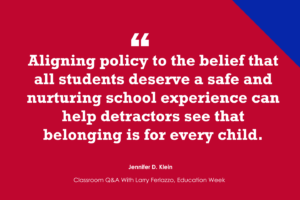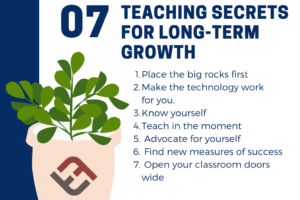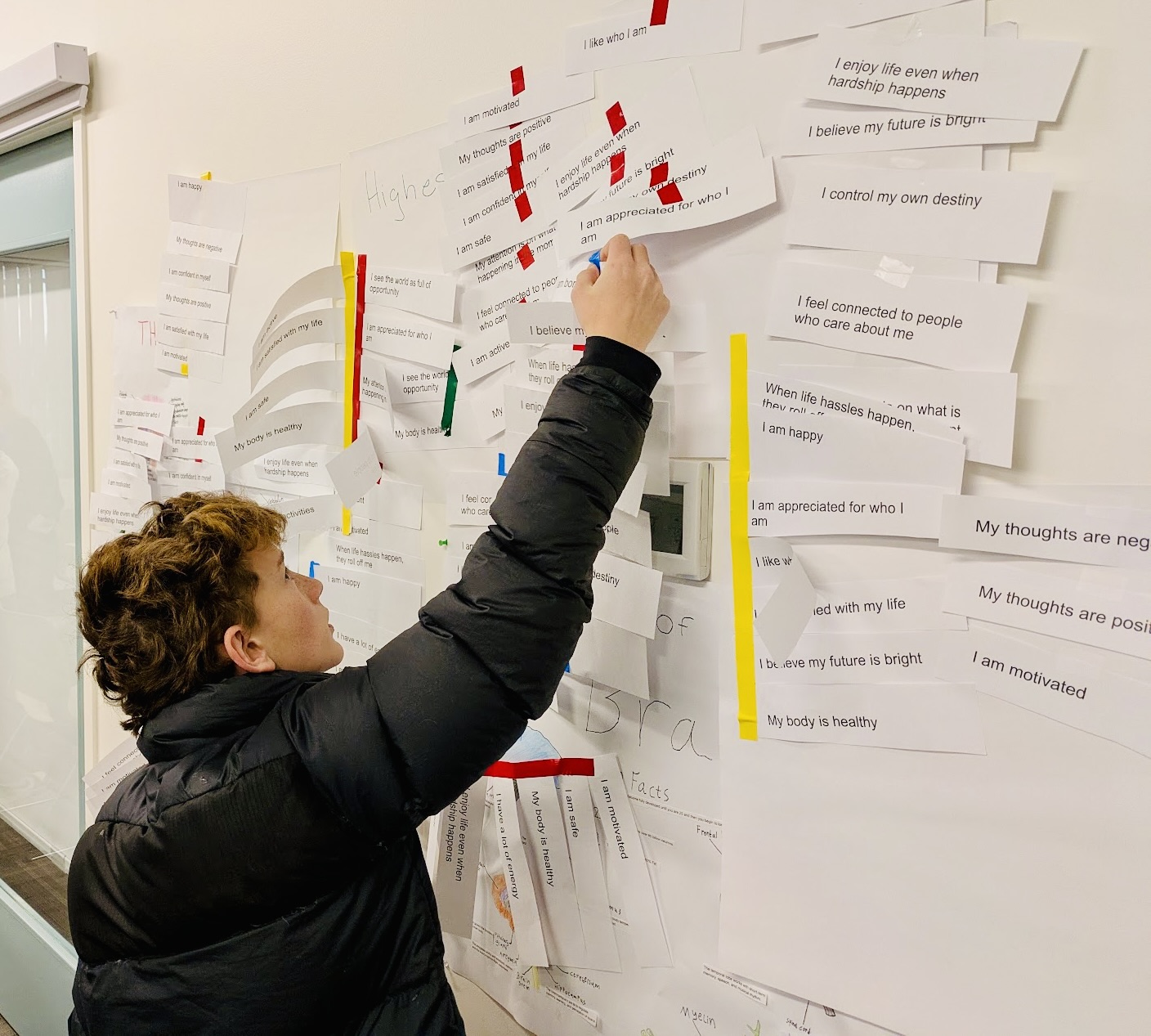
What Happens When You Trust Young People with Real Problems?
By: Tim Breen and Bridget Collins
Energy filled the air in Studio 2. Science educators and student members of the science department gathered in a circle seminar-style to discuss course design for the 2025-26 school year. Sam, a passionate and engaged student, spoke up to share the results of a survey that the student-led Academic Program Committee gave to the student body: “The students are really interested in climate change and its impact on extinction and water.” What followed was an energetic and enthusiastic brainstorming session, where educators offered exciting ideas about courses.
Ethan, the Department Coordinator, nodded thoughtfully before sharing a practical consideration: “It is important to keep in mind during this planning that 9th and 10th graders need Biology and Chemistry to stay on track for their graduation requirements.” Jenn leaned forward enthusiastically, proposing “From Dinosaurs to Decisions: A Guide to Climate Action” for the fall semester, envisioning students conducting simulated fossil digs and visiting Colorado’s paleontological sites to understand how past climate changes shaped life on Earth. She suggested a partnership with the North Central Climate Adaptation Science Center, which is based at the University of Colorado, Boulder. Emily quickly built on this foundation, suggesting her spring course “The Beginning of Life: Energy, Adaptation, and the Rise of Complexity” would create a perfect year-long sequence, taking students from climate patterns into the biochemical processes that made life possible.
The room filled with excited chatter about the possibility of all kinds of Common Good Projects like watershed restoration initiatives, partnerships with local climate research organizations, and the Colorado Department of Natural Resources. As the course planning meeting drew to a close, it was clear that it wasn’t just about curriculum planning, but about a learning adventure for both students and educators that would engage them in working to tackle some of the world’s great challenges.
At Watershed, we know that engaging students with real challenges in the world gives context and purpose to their learning. And we know that if we engage them in making a difference beyond the walls of the school, it gives them hope that our challenges are not intractable and that we can all help to improve the world around us. Young people have powerful ideas and deep commitments to our world — we should all tap into these reservoirs of positive energy.
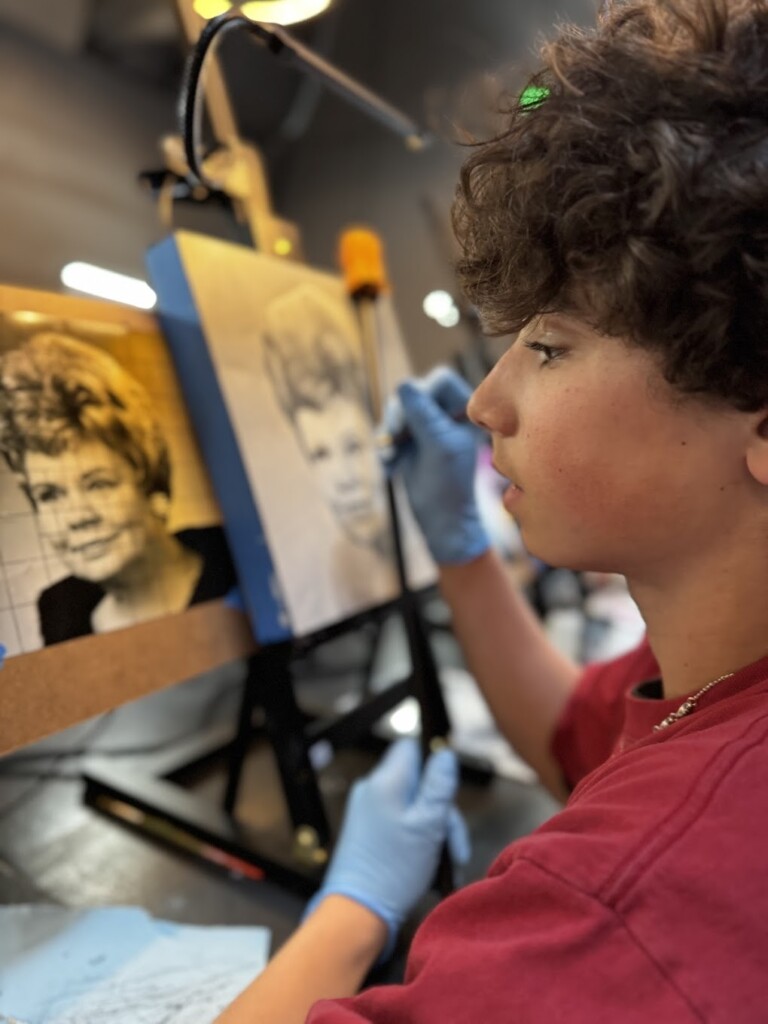
Global Goals and Goals For the Future
Since our founding, our program has included “expedition courses” and “skills courses.” Expedition courses (our science and humanities courses) focus on large, interdisciplinary topics like immigration or climate change. Skills courses (e.g., math, Spanish, writing, art, athletics/wellbeing etc.) are courses whose primary focus is to help students develop the skills and abilities to take on real challenges in the world. These include, among others, research skills, communication skills, quantitative reasoning skills, craft and artistry, collaboration and leadership. Recently, we have linked all of our expedition courses to Tom Vander Ark’s list of 25 goals for the future. As Tom put it in his article:
Studying the Global Goals is a good way to figure out how you can make the biggest difference. Getting to work on them in school is super motivating for kids and builds the most important skills: leadership and problem solving. It turns out that contribution is the superpower of the new economy—everyone is looking for people who can spot problems and deliver value.
In conventional schools, students typically learn a bunch of content, and then, time allowing, might apply this to a real world situation. We flip the script by beginning our courses with a real challenge in the world, then ask two crucial questions: 1) what do we need to learn to truly understand this challenge? and 2) how might we partner with a local organization to make a contribution toward addressing this challenge? By basing our expedition courses on the 25 Great Challenges we learn the science and history behind them. We develop the research skills, quantitative reasoning skills, and problem solving skills to address them. And we learn the communication and collaboration skills to make a difference. And as a result, graduates leave with not only a deep understanding of the world they are entering, but also with the skills, experience, and inclination to make a difference.
Common Good Projects exemplify our approach in action, demonstrating how students move beyond traditional classroom learning to become active contributors to society. In the “Strengthening Democracy” class, students developed a Constitutional Rights Curriculum and partnered with a local middle school to teach interactive lessons on freedom of speech and civil rights, addressing Peace, Justice and Strong Institutions from the World’s 25 Great Challenges.
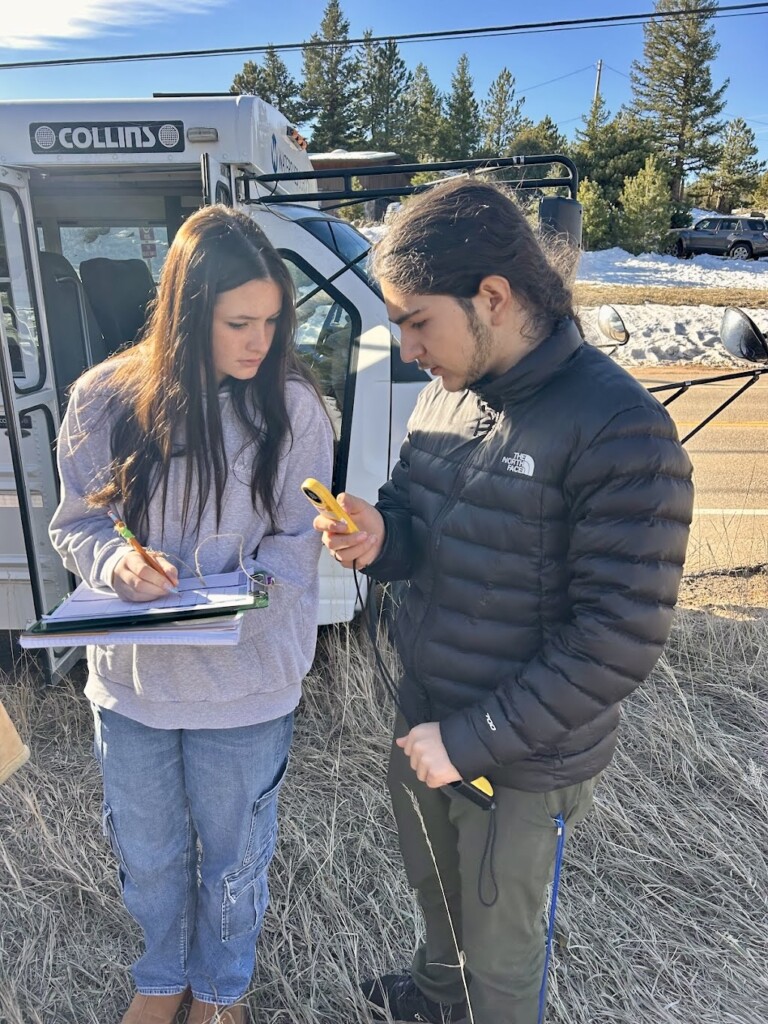
The “Warming the World” chemistry class transformed students into local climate researchers and public educators through an ambitious partnership with NOAA scientists. Each student conducted rigorous investigations into how climate change will impact a specific geographic location over the next 50 years, analyzing complex data sets and modeling projections. They then translated their research into carefully crafted blog posts designed to reach real community audiences, making technical climate science accessible to the public.
The middle school “Project Happiness” course students collaborated with researchers from CU Boulder’s Center for Healthy Mind and Mood to design, conduct, and report on original happiness research that contributed meaningful insights to the scientific understanding of wellbeing. They applied their course learning about happiness measurement and contributing factors including nature, play, altruism, trust, health, creativity, and sustainability to create a survey instrument that they used with the Watershed community. Students collected and interpreted data, then synthesized their findings into a publication that combined insights to develop evidence-based recommendations for improving happiness.
The oil painting class focused on Powerful Expressions and Getting Along from the World’s 25 Great Challenges. Each student was partnered with a resident at a local senior housing facility, interviewing them before designing a personalized painting. When the paintings were complete, students shared them with their senior partners, recounting the conversations and stories that inspired each piece. Lena described her partner’s Colorado Ballet career as inspiration, noting how fortunate she feels to live in a world filled with opportunities as a young woman. She presented her painting of ballet slippers to her partner, who was overwhelmed with joy, sharing that her ballet slippers had been lost long ago and had now been returned to her in a beautiful way. Story after story showed the connection made in this project and the power young people have right now to share their gifts with the world.
These projects reveal something powerful. When we trust young people with real world challenges, they will not only rise to the occasion, but they will do it with competence, creativity and deep compassion. Isn’t this what education should be? Young people not just preparing for life, but engaging in life right now.
Tim Breen holds a Bachelor of Arts from Bucknell University where he double majored in physics and English. He earned his Ph.D. in education from the University of Michigan. After teaching physics for thirteen years, Tim spent two years as the Director of School Programs at the Appalachian Mountain Club before beginning his tenure as the Academic Dean at The White Mountain School. Four years later, he became the Head of School — a position he held for eight years before coming to Watershed in 2018. Since joining Watershed, Tim has championed engaging students in exploring and working to address real challenges in the world. He believes students can and should make real contributions beyond the walls of the school through their academic work. His leadership reflects a commitment to transforming education through research-informed practices that empower students not just to prepare for their futures, but to actively engage with and improve the world they live in today.
Bridget Collins joined Watershed School as Upper School Division Head, bringing a wealth of experience in fostering joy, character, and service in education. A graduate of McDonogh School, she holds a BA in History and Education from Bucknell University (where she played collegiate soccer) and an MA in History from the University of Kentucky.
Source link

